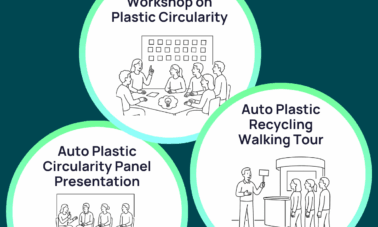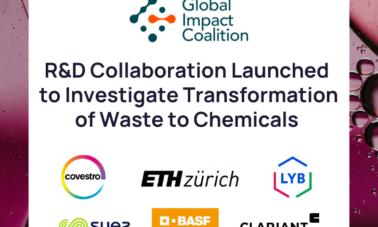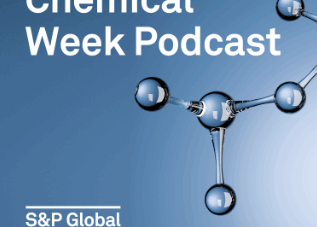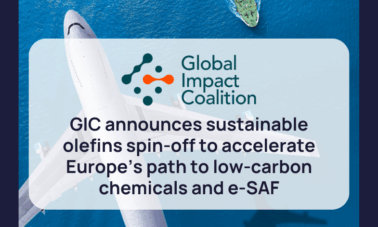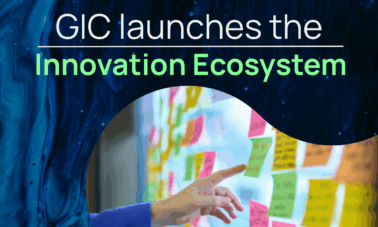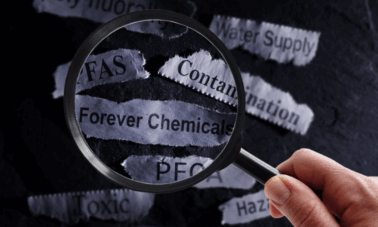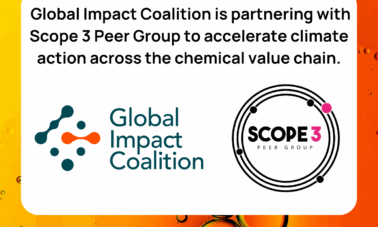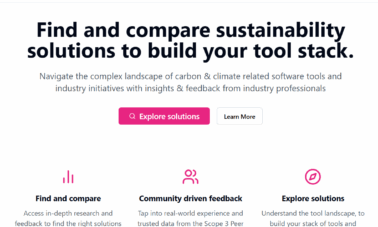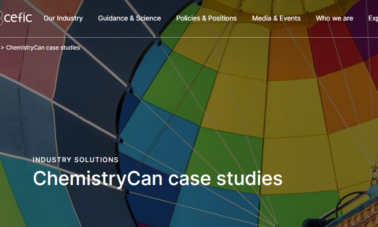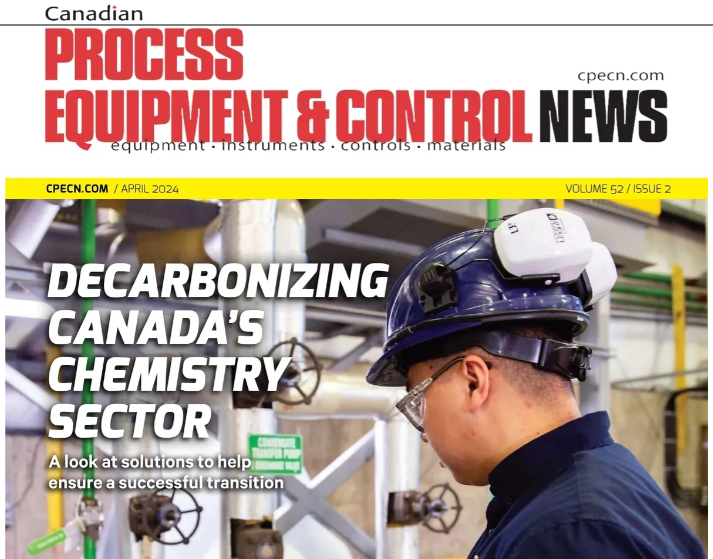
Near the end of 2024, the Global Impact Coalition (GIC) celebrated its first anniversary since being spun-out from the World Economic Forum. The GIC is committed to advancing the chemical industry towards a net-zero future and a circular economy.
To learn more about the organization and its goals, Canadian Process Equipment & Control News interviewed Charlie Tan, CEO of the Global Impact Coalition.
Here is an excerpt from their conversation:
CPECN: What types of compounds do you see the GIC Direct Conversion project having the potential to create for the chemical industry?
The GIC Direct Conversion project is exploring a novel process to convert waste—whether from biomass or plastics—directly into valuable C2+ compounds for the chemical industry. Through gasification, this process generates syngas (a mixture of hydrogen and carbon monoxide) as well as higher hydrocarbons such as ethylene, acetylene, and ethane, which are essential building blocks for polymer production. If successful, this approach could provide a low-energy, low-emission, and cost-efficient alternative to traditional fossil-based feedstocks, significantly advancing circularity in the chemical industry.
*(You can see more about the project here: Direct Conversion)
CPECN: Many bioenergy and biomass projects struggle with the scaling up process, even after being proven at the pilot stage. What do you see as the biggest challenges for the GIC Direct Conversion project to move forward?
The GIC Direct Conversion project is still in the early stages of research and development, with a co-investment in an R&D collaboration with a renowned professor at ETH Zurich. This partnership is focused on assessing the environmental impact and techno-economic feasibility of the process before moving toward piloting.
Key challenges in scaling up include managing high operating costs for waste collection, sorting, and gasification infrastructure, as well as optimizing catalysts to ensure high selectivity for valuable monomers at a commercial scale. If the process proves viable, further development will require investment in integrated energy systems, lean manufacturing techniques, and revenue generation from by-products to make gasification a commercially competitive and widely adopted solution for plastic waste recycling.
CPECN: Are you able to elaborate on the potential new low-emissions routes to olefins through conversion from sustainable methanol sources. Do you see major growth potential for the GIC Sustainable Olefins project? What would be its key markets?
The GIC Sustainable Olefins project is exploring innovative methods to produce olefins—such as ethylene and propylene—through the conversion of sustainable methanol derived from waste streams. This approach offers a low-emission alternative to traditional fossil fuel-based production methods, aligning with the chemical industry’s net-zero objectives.
The project holds significant growth potential, particularly in markets seeking to reduce emissions from chemical production and reduce reliance on fossil fuels. By leveraging sustainable methanol, the project can cater to industries producing plastics, resins, and synthetic fibers, aligning with global sustainability goals.
Key markets for the GIC Sustainable Olefins project include sectors that utilize olefins as fundamental building blocks, such as packaging, automotive, and textiles. The project’s success could lead to a more sustainable chemical industry by integrating renewable feedstocks into existing production processes.

